How to Ask For Referrals In Sales | Best Methods For Sales Reps
Introduction

Are you tired of chasing down leads and exhausting your marketing budget with little results to show? Look no further because we've got the secret weapon that can revolutionize your revenue generation: referral sales.
"Your customers are your best salespeople." - Indra Nooyi
In this article, we'll dive deep into the art of referral sales and unveil powerful strategies that will take your revenue to unprecedented heights. Get ready to tap into the immense power of referral marketing and watch your business flourish with the help of these game-changing tactics. Say goodbye to cold leads and hello to a constant stream of high-quality referrals. It's time to amplify your revenue through the sheer force of customer advocacy.
Let us begin by understanding what referral sales are.
What is the Referral Sales Process?
Referral sales refer to the process of acquiring new customers or clients by asking for a referral from existing customers, colleagues, or business partners. If your customers know anyone who might also be a potential user, their referral can increase the likelihood of lead conversion by quite some margin.
It involves leveraging personal connections and recommendations to generate leads and drive sales. In referral sales, satisfied customers serve the same function as a sales rep, advocating and endorsing a product or service to their network.
Referral sales can be highly effective as they thrive on the trust and credibility established through existing relationships, making it easier to acquire new customers and build long-term business partnerships, especially for B2B sales reps. Sales Organized and Sales Trainers highly value relationship management for high-quality sales referrals.

Referral Sales Strategies
Before we go into the details, let's have a glance at the strategies.
- Leverage Existing Customer Relationships
- Implement a Referral Program
- Provide Incentives for Referrals
- Build Strong Customer Relationships
- Encourage Online Reviews and Testimonials
- Host Referral Contests or Challenges
- Create Shareable Content for social media
- Collaborate with Influencers or Industry Experts
- Follow Up and Express Gratitude
Now let us see them in detail.
Leverage Existing Customer Relationships
It is pretty obvious: A good wine needs no bush!
Leveraging existing customer relationships is about tapping into the power of your satisfied customers to generate referrals. By meeting the needs of your current customers, you can turn them into brand endorsers who are more likely to refer your products or services to others, getting you new clients.
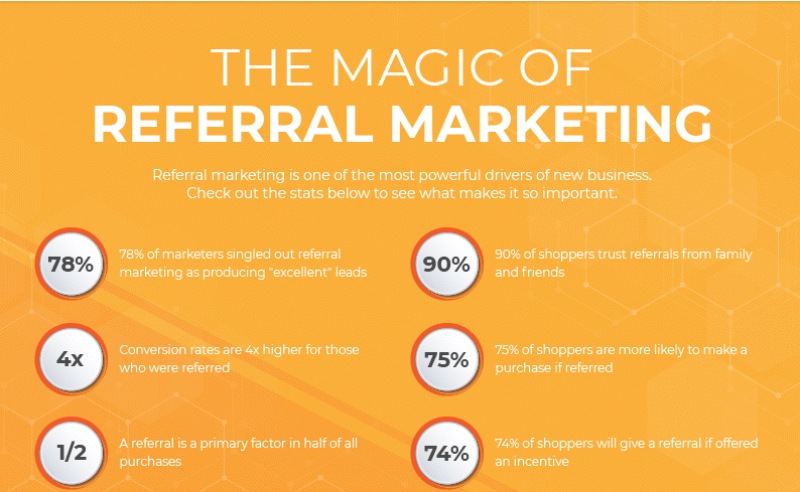
This referral strategy involves consistently delivering exceptional customer experiences, providing outstanding support, and going above and beyond to exceed expectations. By building trust and loyalty with your existing customers, you create a solid foundation for a successful referral program. Word-of-mouth referrals from your happy customers go a long way.
Implement a Referral Program
Implementing a referral program is a strategic approach to using the power of word-of-mouth marketing. By creating a structured system, you not only encourage existing customers to become brand advocates but also work your way into their personal networks and gain access to potential customers who are more likely to trust recommendations from people they know.
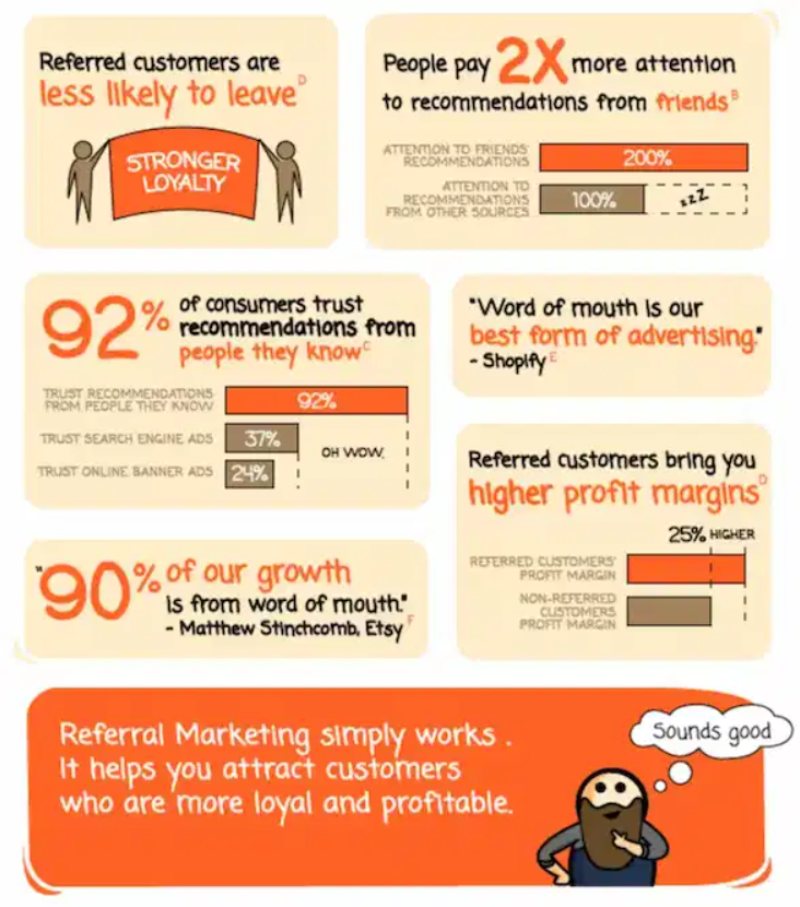
A study by Nielsen found that 92% of consumers trust recommendations from friends and family over other forms of advertising.
A clear framework for participation ensures that customers understand how the referral program works and what they need to do to earn rewards. This might involve providing them with unique referral codes or links to share with their contacts, tracking the referrals, and ensuring proper attribution. It's an actual model that consciously needs to be integrated into the sales process.
Provide Incentives for Referrals
Implementing incentives for referrals is a powerful strategy to encourage customers to actively promote your products or services to their network. By offering rewards, you create a sense of excitement and motivation for customers to spread the word about your brand.
Consider an example where an e-commerce store offers a referral program. They offer a $10 credit to both the referrer and the referred customer when the latter makes their first purchase. This creates a win-win situation where existing customers are incentivized to share their positive experiences while new customers are enticed by the reward.
Incentives can take various forms in customer referral programs, such as exclusive discounts, freebies, loyalty points, or even cash rewards. The key is to choose incentives that align with your target audience's preferences and offer them something of value. Remember, the success of an incentive program lies in its appeal and perceived value.
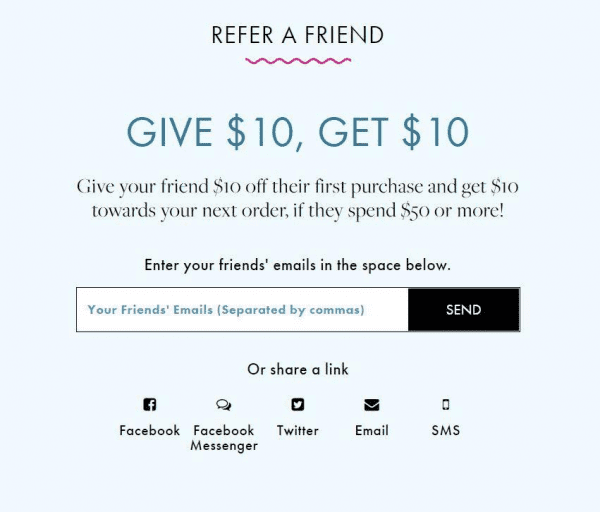
Offering exclusive referral discounts gets your hands on the power of peer recommendations. Peer references create a sense of urgency and exclusivity, driving higher conversion rates and customer engagement. In this case, referral requests are made non-verbally, often via the product/service itself, which makes it easy to adapt to a variety of use cases.
Build Strong Customer Relationships
Building strong customer relationships is a crucial strategy in referral sales as it forms the foundation for trust, loyalty, and positive marketing. By prioritizing exceptional customer experiences and going the extra mile, you create a lasting impression that encourages customers to refer your business to others.
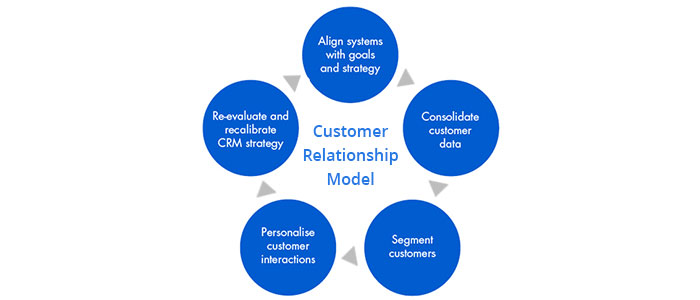
Another aspect of building strong customer relationships is going above and beyond to exceed expectations. This can be done by surprising customers with unexpected gestures of appreciation, personalized thank-you notes, or exclusive offers. Consistently delivering exceptional support experiences creates a strong bond with customers who appreciate their dedication.
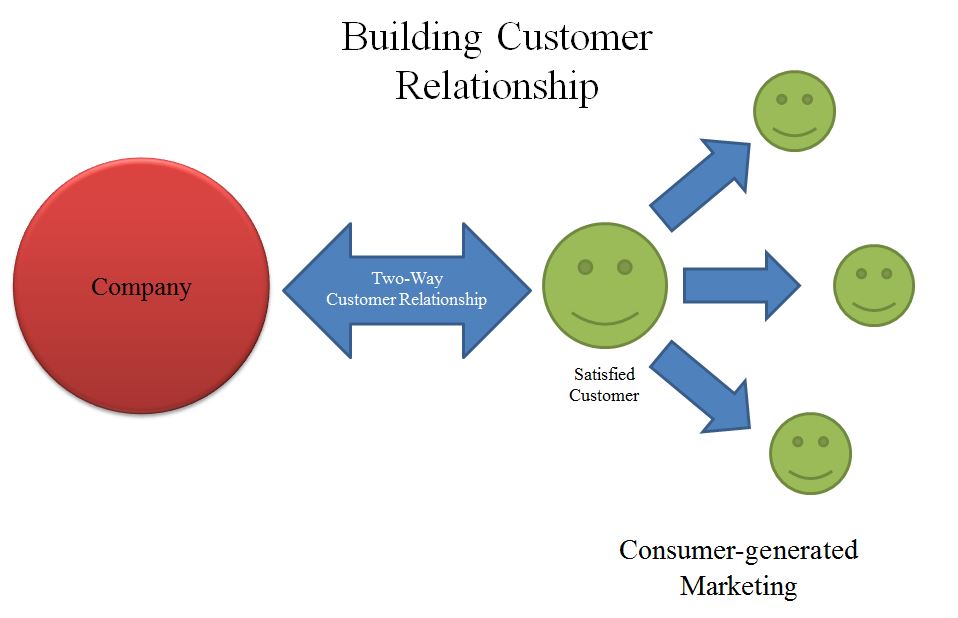
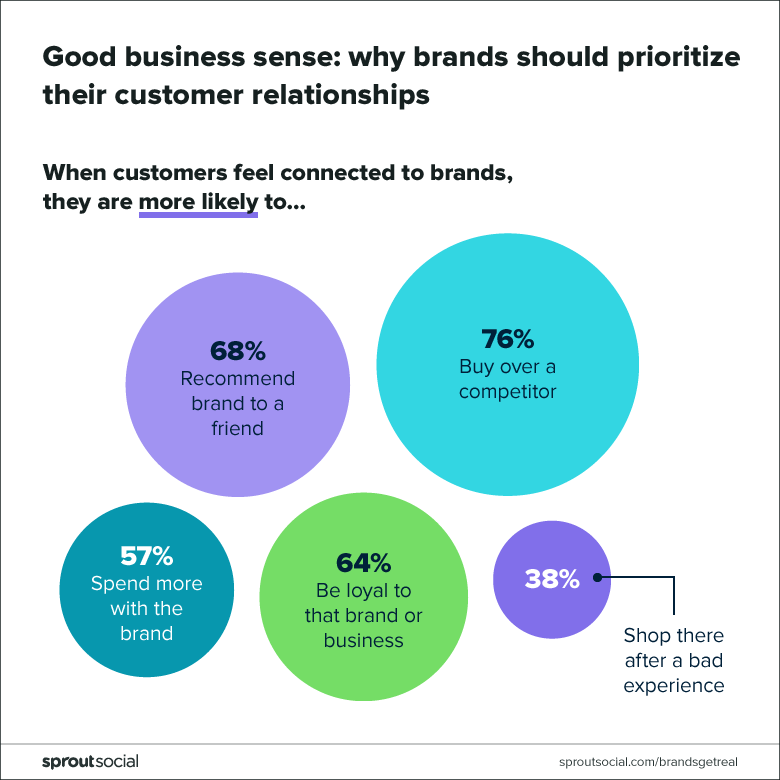
If the customer relationship is very strong, it can be considered professional to ask for referrals directly. Asking for referrals in person adds personalization and can work if customers are willing to refer. The best time to ask is after delivering a satisfactory customer experience.
Encourage Online Reviews and Testimonials
Encouraging online reviews and testimonials is a powerful strategy in referral sales as it leverages social proof to build credibility and influence potential referrals. By actively seeking feedback and testimonials from satisfied customers, you can showcase their positive experiences to others, establishing trust and confidence in your products or services.
According to a survey conducted by BrightLocal, 91% of consumers aged 18-34 trust online reviews as much as personal recommendations.
Positive reviews and testimonials act as social proof, reassuring prospective customers that others have had a satisfactory experience with your business.
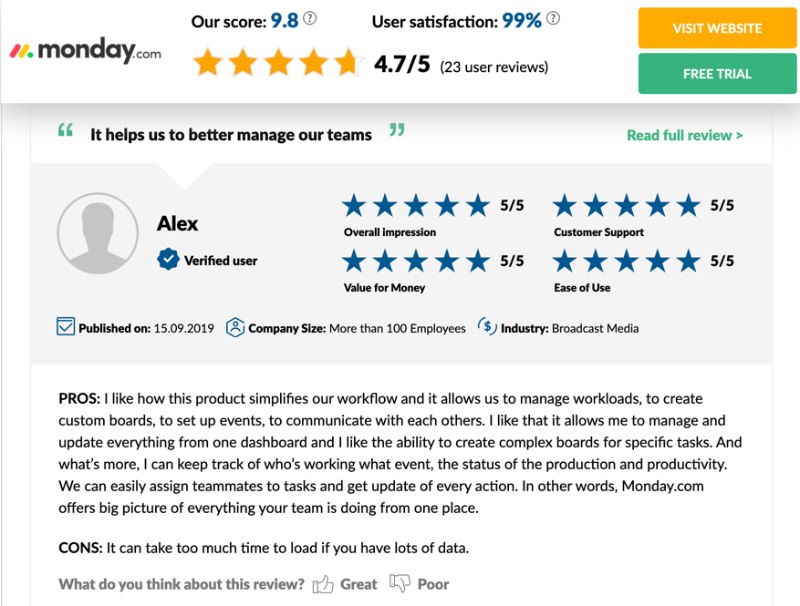
To encourage online reviews and testimonials, you can send follow-ups via email to customers after a purchase, politely requesting them to share their feedback or leave a review on relevant platforms such as Google, Yelp, or industry-specific review websites. You can feature these reviews on your website, social media channels, or marketing materials. This helps you to provide social proof that can sway potential referrals. Moreover, the process is extremely quick, as a referral email template can be reused.
Host Referral Contests or Challenges
Hosting referral contests or challenges is an effective way to drive customer engagement and generate buzz around your business or product.
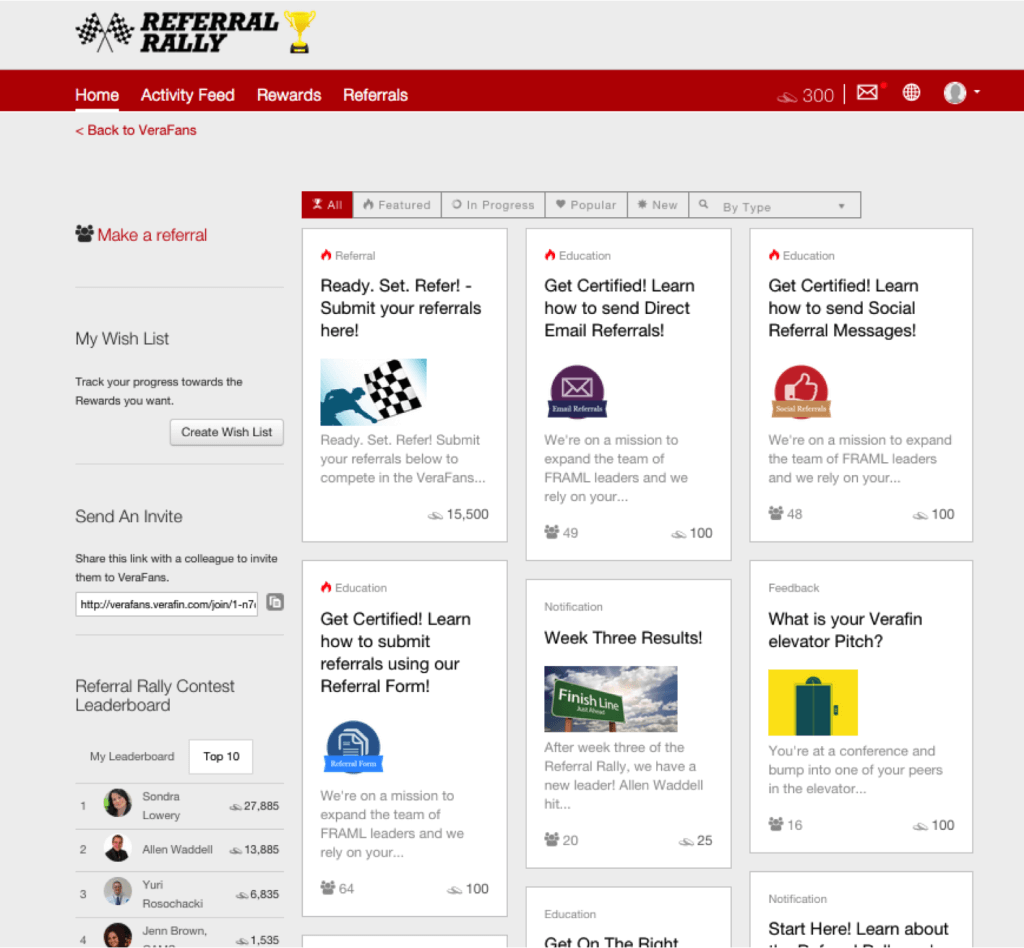
According to a study by the American Marketing Association, referral programs that incorporate gamification elements, such as contests or challenges, can lead to a significant increase in referral behavior. Participants are more likely to refer others and put in extra effort to win the contest.
For example, you could organize a referral contest where customers earn points or entries for each successful referral they make. At the end of a specified period, the customer with the highest number of referrals wins a valuable prize, such as a gift card, a free product, or an exclusive experience. This creates a sense of excitement and friendly competition among your customers, motivating them to actively promote your business.

It's important to set clear rules and guidelines for the contest, communicate regularly with participants, and provide updates on the leaderboard, if any, to maintain engagement throughout the competition. By leveraging the power of gamification, you can harness the competitive spirit of your customers and maximize the impact of your referral program.
Create Shareable Content for Social Media
Creating shareable content for social media is an effective strategy to amplify your referral sales. By developing engaging and valuable content, you provide your customers with something worth sharing, increasing the reach and visibility of your brand.
For instance, you can create informative blog posts, insightful infographics, entertaining videos, or engaging social media posts that resonate with your target audience. This content should be designed to evoke emotions, provide valuable insights, or solve common pain points for your customers.
According to a survey by Social Media Today, 76% of consumers say they are likely to share entertaining or interesting content with their friends and family.
To encourage sharing, make sure your content is visually appealing, easy to consume, and includes social sharing buttons. Each time a customer shares your content, it exposes your brand to a new audience, potentially attracting new referrals and driving sales.
Social media gives you a very limited time to ask anything of the audience, so it's pragmatic to spend the bulk of the time promoting the product with a short plug asking your customers to share your content. The trick is to learn how to ask for referrals or shares in a way that needs minimum effort. Make it as easy as you can for your clients, followers, and users.
Remember to track the performance of your shareable content by monitoring engagement metrics, such as likes, comments, and shares. This will help you identify the types of content that resonate most with your audience and refine your content strategy for even greater success.
Collaborate with Influencers or Industry Experts
Collaborating with influencers or industry experts boosts your referral sales. These individuals have a dedicated following and influence within your target market, making their endorsement of your brand highly valuable. You can leverage their credibility and reach to expand your referral network. They can create content, such as reviews, testimonials, or sponsored posts, showcasing your products or services and recommending them to their audience.
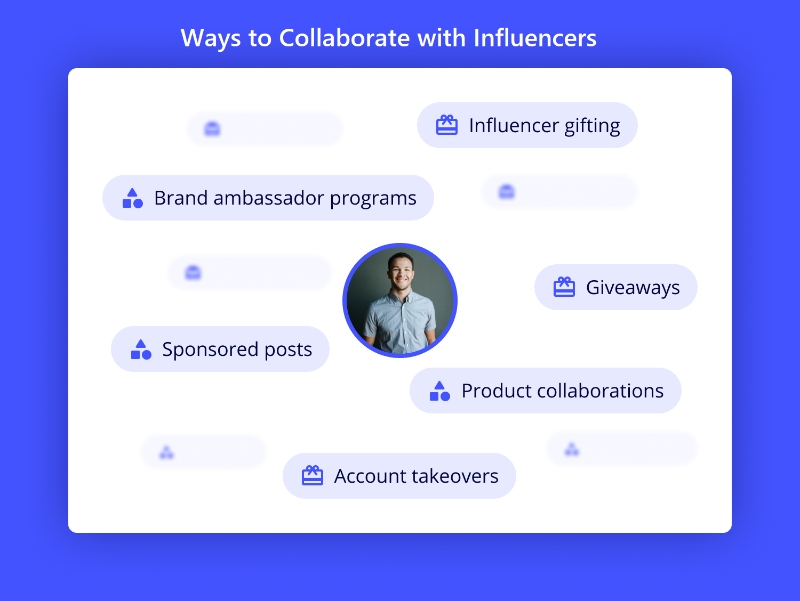
Collaborations can be paired with other methods, such as incentives. The collaborator can be given their custom referral link that's not meant for transactional purposes but rather to brand it around the collaborator.
When selecting influencers or industry experts to collaborate with, consider their
- relevance to your brand,
- engagement with the audience, and
- the alignment between their values and your brand values.
Building authentic and meaningful partnerships will yield the best results. Track the performance of your influencer collaborations by monitoring referral traffic, conversions, and customer feedback. This will help you assess the effectiveness of each partnership and refine your approach for future collaborations.
Follow Up and Express Gratitude
When a customer refers someone to your business, promptly reach out to them to acknowledge and thank them for their referral. Personalize your communication and express genuine gratitude for their support. This not only makes them feel valued but also encourages them to continue referring others in the future.
You can send a personalized thank-you email or make a phone call to express your gratitude. You can also consider sending a handwritten note or a small token of appreciation as a gesture of thanks.
According to a study by the University of Texas, customers who feel appreciated are more likely to refer others and continue doing business with a company.
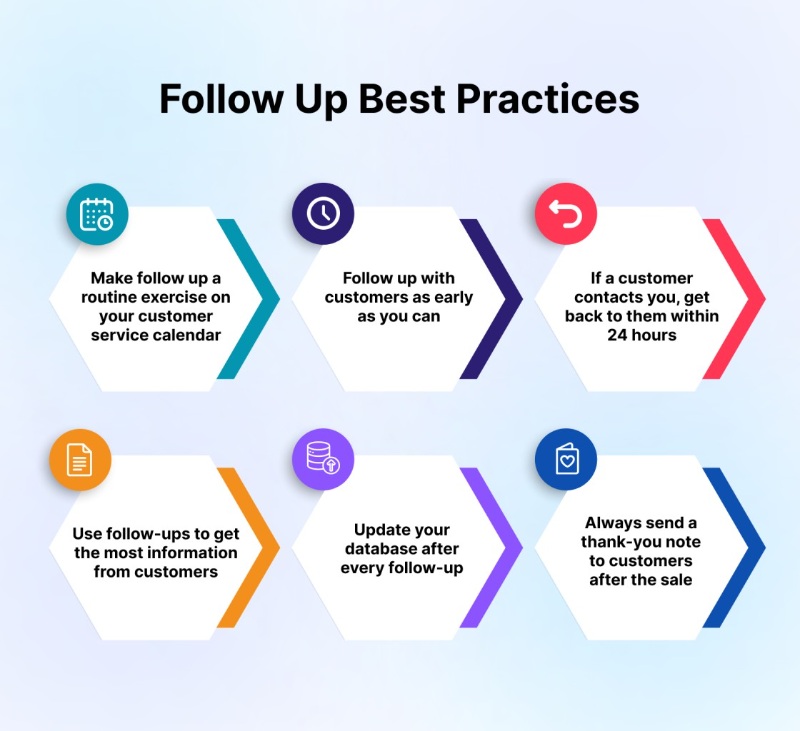
By following up and expressing gratitude, you strengthen the bond with your customers and encourage them to remain loyal advocates for your brand. This positive interaction also enhances their overall experience and increases the likelihood of them referring more people to your business. This ultimately leads to increased customer satisfaction, higher referral rates, and amplified revenue through referral sales.
Get More Referrals Using Tools
Make adept use of various apps and tools that are available to build a nice referral program, track referral sales, and boost your productivity.
Refersion
A comprehensive referral marketing platform that helps you design, track, and manage your referral program with ease.
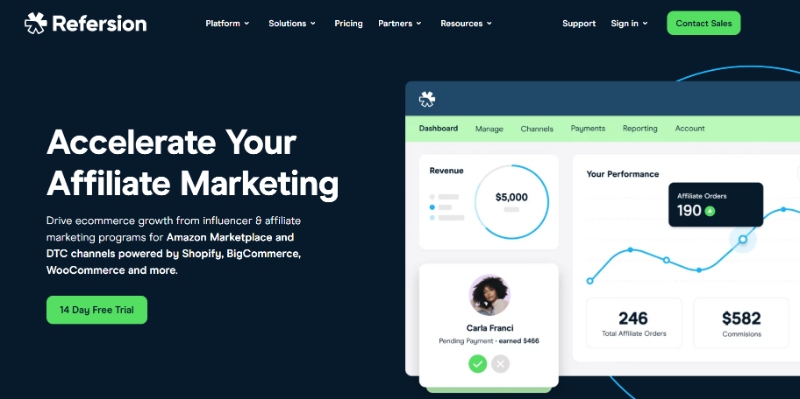
Ambassador
An all-in-one referral marketing software that enables you to create and optimize referral campaigns, track referrals, and reward advocates.

ReferralCandy
A user-friendly referral marketing tool that automates the referral process, tracks referrals, and offers customizable rewards for customers.
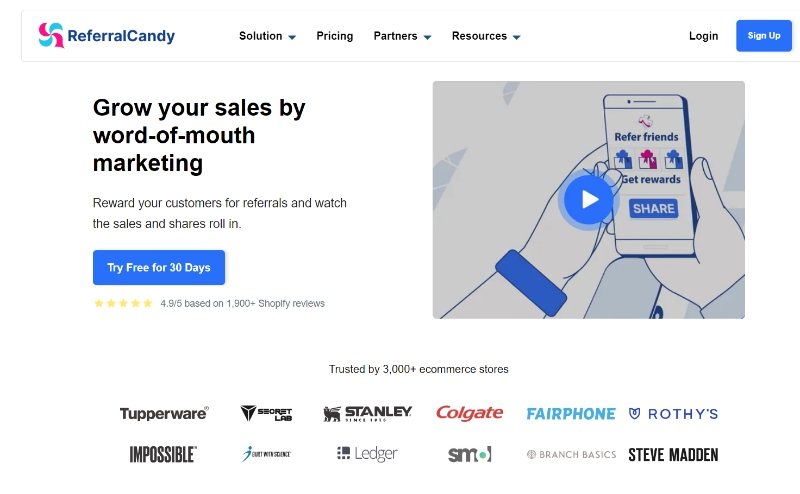
Talkable
Talkable is a referral marketing platform that specializes in tracking and optimizing referral sales. It provides detailed reporting on referral conversions, revenue generated, and customer behavior, allowing you to measure the impact of your referral program on your sales pipeline.
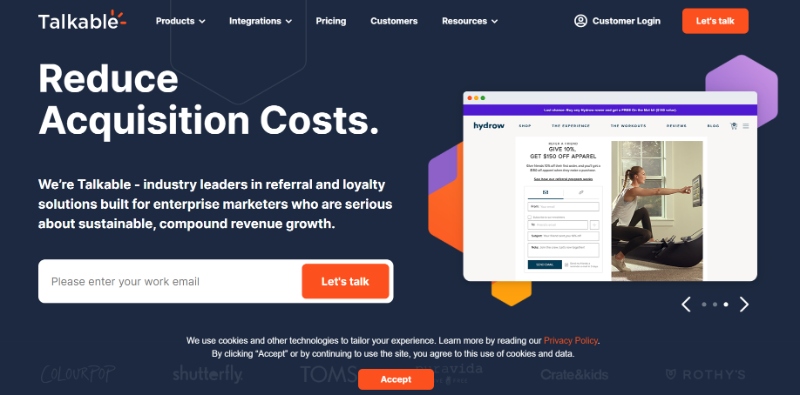
TapMango:
A referral marketing and customer loyalty platform that enables you to track and reward customers for successful referrals. It provides robust analytics and reporting features to help you monitor the performance of your referral program.
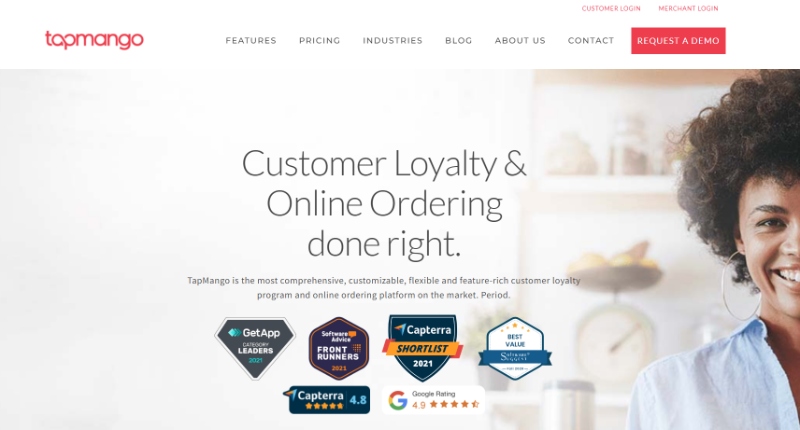
Conclusion
"Referrals are the holy grail of advertising." - Sara Rotman
In a competitive business landscape, where acquiring qualified leads and driving revenue growth are top priorities, sales referrals emerge as a powerful solution. As we've explored in this discussion, leveraging the power of referrals can be a game-changer for businesses seeking sustainable growth and success.
Sales referrals offer a win-win scenario for both businesses and customers. By implementing the strategies discussed and embracing the power of referrals, businesses develop a cost-effective and high-converting lead source. Remember, your customers hold the key to unlocking a vast network of potential customers. Harnessing the power of referrals is not only a smart business move but also a testament to the exceptional products or services you offer.
"A satisfied customer is the best business strategy of all." - Michael LeBoeuf
If the customers are happy, your sales performance will be high. So, foster strong customer relationships, implement referral programs, and provide remarkable experiences that inspire your customers to become brand ambassadors. Embrace the referral revolution and unlock the tremendous growth potential it holds for your business.